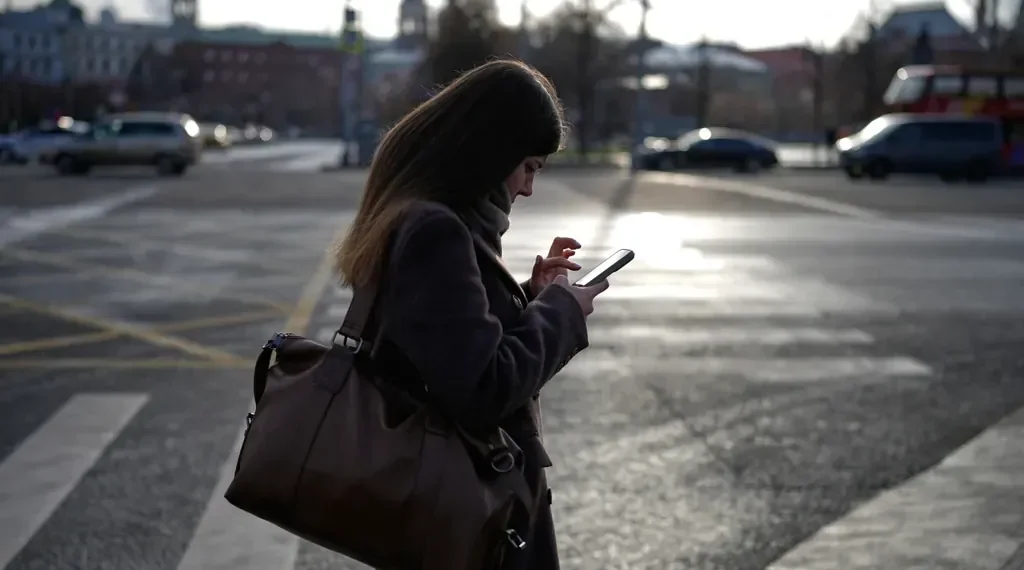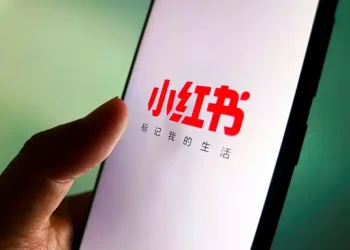Cellphone Internet Blackouts in Russia Trigger Widespread Disruption and Public Concern
Residents across Russia are experiencing prolonged cellphone internet outages, affecting payments, messaging apps, and daily routines. Authorities say the disruptions prevent Ukrainian drone navigation, but users report significant personal and economic impacts.
Widespread Outages Across Russian Regions
Cellphone internet blackouts in Russia have intensified throughout 2025, affecting dozens of regions. Authorities maintain the measures are necessary to prevent Ukrainian drone strikes from exploiting mobile networks for navigation.
Monitoring group Na Svyazi reported that in November, 57 regions experienced daily disruptions to mobile connectivity. While broadband and Wi-Fi remained operational, the outages significantly interfered with users’ ability to access digital services and messaging platforms.
Kremlin spokesman Dmitry Peskov called the measures “absolutely justified and necessary.” Analysts, however, including Kateryna Stepanenko from the Institute for the Study of War, question their effectiveness, noting continued strikes on Russian infrastructure despite the disruptions.
Impact on Daily Life and Essential Services
The blackouts have disrupted payments, messaging, and health monitoring. Residents report that public transport cards fail, ATMs cannot process transactions, and parents of diabetic children cannot monitor glucose levels remotely during outages.
Marina, a resident of Vladivostok, said only one government-linked banking app functioned during a blackout. “The loss of information, the loss of freedom, is the most depressing thing for me,” she told the AP.
In Ulyanovsk, a commuter described how his tram card failed during an outage, leaving him without cash to pay for transport. Families with children requiring continuous health monitoring have highlighted the life-threatening risks posed by digital interruptions.
Government Measures and Justifications
Authorities implemented 24-hour “cooling periods” for SIM cards used abroad or inactive for 72 hours. Some devices, including portable Wi-Fi routers, vehicles, and meter boxes, cannot receive unblocking messages, raising concerns about broader utility failures.
Lawmaker Andrei Svintsov highlighted the risks to essential services. “Does this mean electricity meters, heating boilers, and cars will stop working? This is a massive problem,” he said.
The government also restricted popular messaging apps. WhatsApp and Telegram, with tens of millions of monthly users, faced partial outages. Officials promoted MAX, a state-controlled messaging service preinstalled on new smartphones and designed to comply with government data requests.
White Lists and State-Controlled Apps
During blackouts, users can access only a limited set of approved services, including select official websites, email platforms, Russian search engine Yandex, and some banking apps. Authorities have pledged to expand access gradually.
MAX, the promoted platform, reported about 50 million registered users, but daily active users numbered only 18.9 million, far below WhatsApp and Telegram usage. Critics argue that MAX functions as a surveillance tool and lacks end-to-end encryption.
Public Response and Coping Strategies
Many Russians have adapted to restrictions, using VPNs to bypass blackouts, although VPN services are routinely blocked. Denis Volkov, director of the Levada Center, noted that most citizens accept the disruptions as unavoidable.
Users share VPN recommendations in small networks, but widespread efforts are limited. Activists warn that the reliance on internet-based economic and logistic systems makes total shutdowns difficult. Mikhail Klimarev of the Internet Protection Society emphasized the impact on supply chains, navigation, and delivery services, noting the government may introduce further restrictions.
Outlook and Expert Analysis
Analysts anticipate stricter controls on messaging apps and websites. The government strategy appears aimed at limiting access to alternative sources of information, guiding users toward state-approved platforms.
The ongoing blackouts demonstrate the tension between national security measures and the practical needs of daily life. As Russia continues to navigate digital restrictions, the social, economic, and technological consequences remain significant.
This article was rewritten by JournosNews.com based on verified reporting from trusted sources. The content has been independently reviewed, fact-checked, and edited for accuracy, neutrality, tone, and global readability in accordance with Google News and AdSense standards.
All opinions, quotes, or statements from contributors, experts, or sourced organizations do not necessarily reflect the views of JournosNews.com. JournosNews.com maintains full editorial independence from any external funders, sponsors, or organizations.
Stay informed with JournosNews.com — your trusted source for verified global reporting and in-depth analysis. Follow us on Google News, BlueSky, and X for real-time updates.














